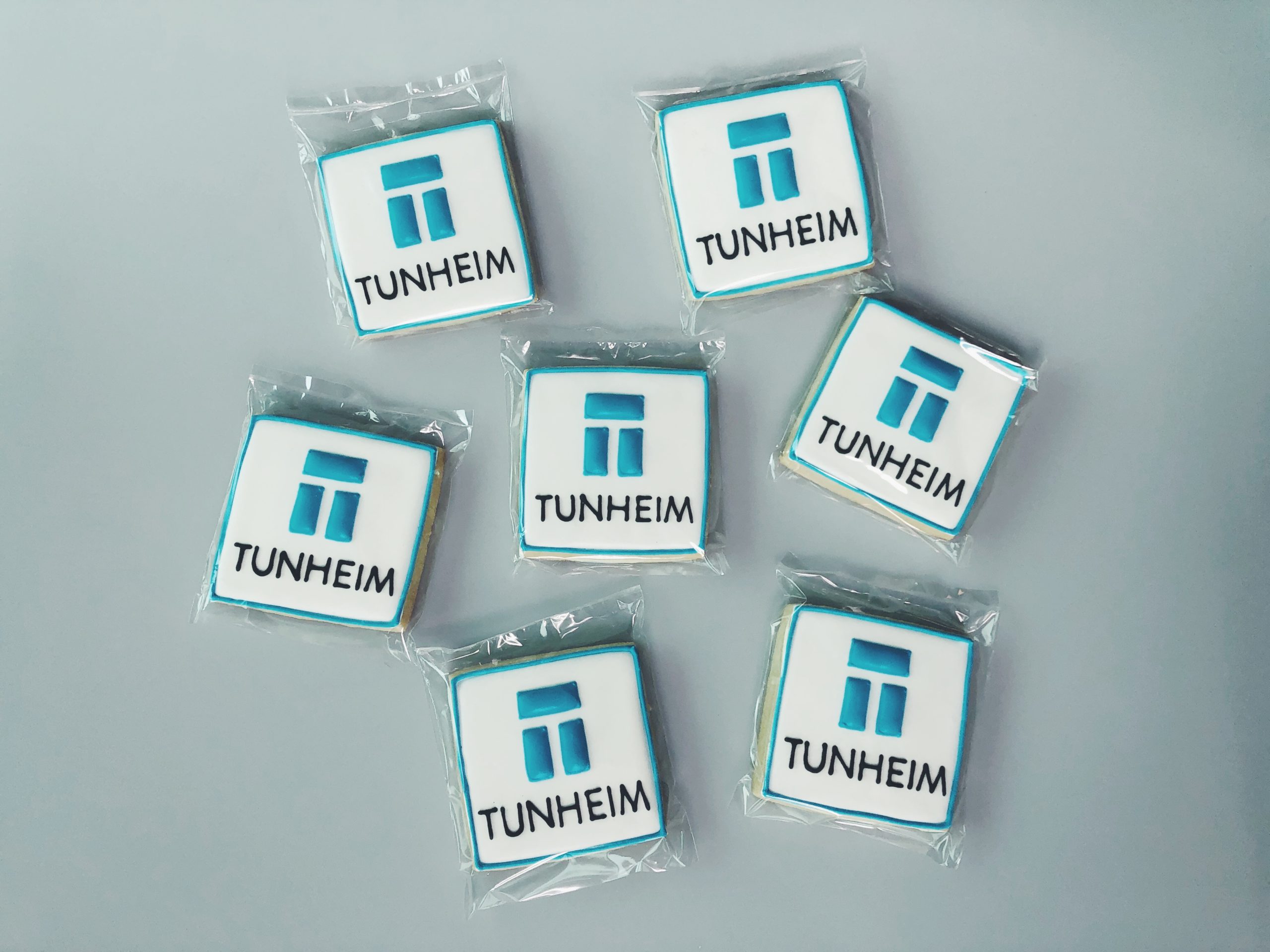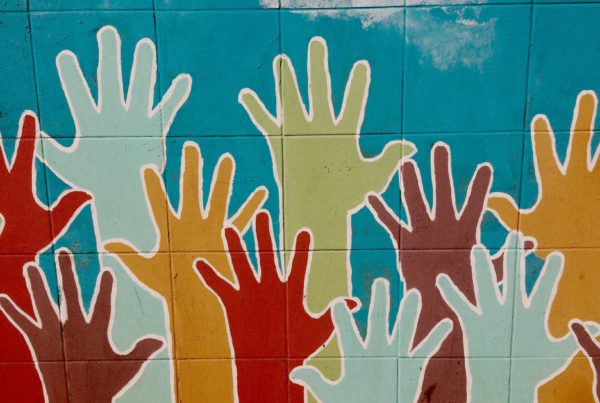This month marks the 30th anniversary of our company. Lots of lessons along the journey: some fun experiences, many of them difficult, a few really heartbreaking. As the challenges of the pandemic are teaching us, we can and will continue to adapt. At this moment in our country’s painful history of racial injustice, it is clear that we must continue to learn, reflect and then act to become better. Here are some of the lessons we’ll be applying as we move ahead.
- The most important part of effective communications is listening.
- Approaching our work as a team sport isn’t the only way, but it was always our preferred way. “None of us is as good as all of us,” the founder of McDonalds said. At Tunheim, we call it Collective Best.
- Appreciating differences is an attitude. Celebrating differences is a choice. As we strive to be a more equitable and diverse company (and community), we need to practice—intentionally learning about people with different life stories than your own will shape your attitude. The reward: We get to celebrate together as we see value in our ‘Collective Best.’
- Celebrating is an important part of developing culture. I confess this was a lesson I was slower to learn than some of my colleagues. Recognition of jobs well done needs to be woven into the fabric of strong teams.
- ‘Never underestimate the burdens that others are bearing.’ This was a lesson from our co-founder, Mario Santrizos. He approached every interaction with a compassion for others, gave the benefit of the doubt about why someone might be distracted or underperforming. Not surprisingly, he was beloved by his colleagues.
- Give people a chance. Even if you’ve been burned in the past, stay open to the possibilities that people grow, grow up, evolve. It is a real rush when it works out well.
- Change is very hard on people because it is made up of endings and beginnings. We generally like beginnings, but very often get stuck on endings. We usually experience endings as loss, and struggle with that. Helping each other into the beginnings part of change is important teamwork.
- Working at an agency requires the ability to see yourself as a unique talent. Not the only unique talent, but a unique star in the constellation. There are creative or communications challenges that require just the right skill or temperament – and recognizing which colleagues are the right ones for each situation is part of the magic. We are not better or worse than each other – we are different, and that is good.
- Setting expectations is the most important thing in being on a team. If you take the opportunity to correctly set expectations, success is almost assured. And what a great thing to celebrate: hitting the marks you set for yourself and your team!
- Curiosity is the most important characteristic of a great creative talent. Followed by courage to offer up ideas that aren’t obvious.
- Perfecting the art of ‘accountability’ in a team-oriented organization is perhaps one of the most challenging aspects of leadership. It is a never-ending balancing act – and more about recognition and opportunity than about discipline or consequences.
- Context really matters. So, before you start talking (or writing), take a few steps back and study the context. Understand the players and the playing field.
- Sometimes the team needs to ‘swing for the fences’ and go after opportunities that seem beyond reach. Building confidence in our collective capacity to do fantastic work is another part of a leadership calculation.
- It is a job. My younger brother once told me (just after he graduated from college) “I can’t find any company I think is worth working for…” And I reflect on that observation whenever I sense colleagues are frustrated with the status quo of our organization. Lean in, make it better. It is a very real part of accepting a job in an organization. Don’t wait to be invited into a special circle of management. Don’t assume anyone else can see what you see.
- When things are not going well, it is sometimes best to just break the mold. In our fast-changing world, incremental change can mask the need for transformative change – and take up lots of oxygen, too.
- Keep learning. Like curiosity, a willingness to keep learning is essential to creative organizations. It sometimes requires a willingness to acknowledge ignorance or discomfort. Just do it – it will be worth it.
- Having talented people leave our firm is always hard – but the alternative would be that we are team members with nowhere else to go. So, I’ve learned to celebrate the time we have with each colleague and wish them the best when they leave…and sometimes they return!
- Quality endures. In the crazy, always changing marketplace, it can seem possible to do just enough to get by. But the quality of our relationships, our work and our word still matter. People remember — and value— their intersections with quality.






